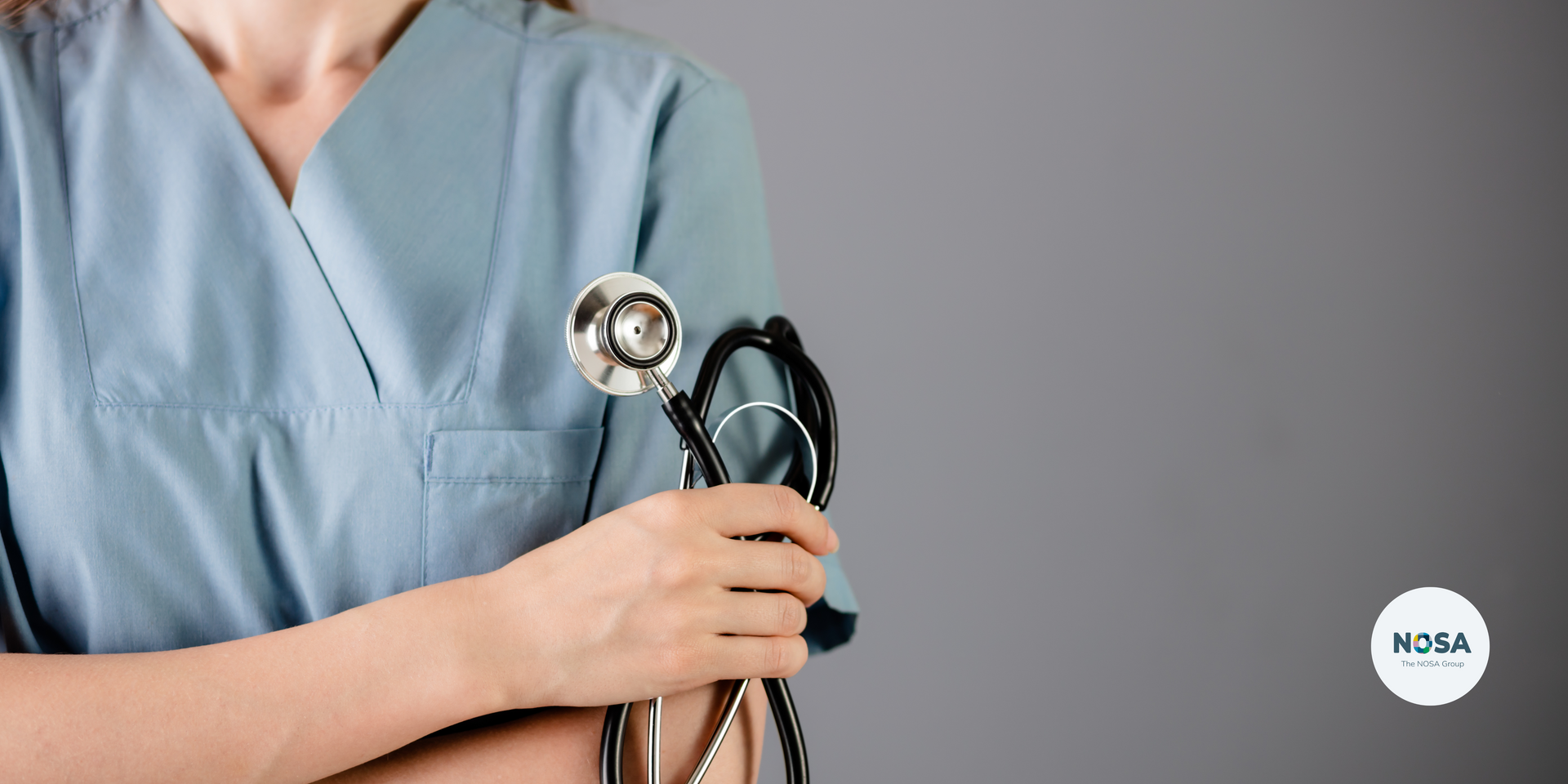Social Media Strategies for Healthcare Organizations
Introduction
The Importance of Social Media in Healthcare
The integration of social media into healthcare is emblematic of the broader digital transformation in the industry.
Patients now expect to engage with healthcare providers and organizations online, making social media a critical communication channel.
Patient-Centric Care
Social media allows healthcare organizations to adopt a more patient-centric approach.
By actively engaging with patients, providers can address concerns, share health information, and foster stronger patient-provider relationships.
Information Dissemination
Social media serves as a powerful platform to share timely and accurate health information.
During public health crises, such as the COVID-19 pandemic, social media played a crucial role in disseminating guidance and updates.
Creating a Social Media Strategy: Define Your Objectives
Before diving into social media, healthcare organizations must define clear objectives.
These may include enhancing patient education, increasing brand awareness, boosting patient engagement, or recruiting healthcare professionals.
Know Your Audience
Understanding your target audience is essential. Tailor your content to their preferences, concerns, and demographics. Different demographics may favor different social media platforms.
Compliance and Regulations
Healthcare organizations must navigate strict regulatory frameworks, such as HIPAA in the United States.
Ensure that your social media strategy complies with these regulations to protect patient privacy and data security.

Choosing the Right Platforms
Facebook: Connecting with Communities
Facebook is an excellent platform for building and nurturing online communities. Healthcare organizations can create Facebook groups for specific conditions or support networks, fostering engagement and sharing of experiences.
X: Real-Time Updates
X’s real-time nature (previously known as Twitter) is ideal for sharing breaking news, research updates, and health advisories. It's also a valuable platform for engaging with healthcare professionals and influencers.
Instagram: Visual Storytelling
Instagram is perfect for sharing visually compelling content, such as medical illustrations, infographics, and behind-the-scenes glimpses of your healthcare facility. Use Stories to offer short, engaging updates.
LinkedIn: Professional Networking
LinkedIn is an excellent platform for connecting with healthcare professionals, sharing thought leadership content, and recruiting top talent.
YouTube: Educational Videos
YouTube is an effective platform for creating and sharing educational videos, including patient testimonials, physician interviews, and health education content.
Educational Content
Share informative content that empowers patients to make informed decisions about their health. This could include articles, videos, and infographics on a wide range of medical topics.
Engagement and Community Building
Engage actively with your audience by responding to comments, messages, and mentions promptly. Address concerns and provide accurate information.
This encourage satisfied patients to become advocates for your organization by sharing their positive experiences on social media. Consider creating a branded hashtag for this purpose.
You can also collaborate with other healthcare organizations, influencers, and patient advocacy groups to expand your reach and credibility.
Crisis Management:
Develop a crisis management plan for social media. Anticipate potential crises, such as negative reviews or misinformation, and establish protocols for addressing them promptly and professionally.
Measuring Success
Identify KPIs to measure the success of your social media efforts. These may include engagement metrics (likes, shares, comments), website traffic, lead generation, and patient conversion rates.
Also, ut is important to use social media analytics tools, such as Facebook Insights and Twitter Analytics, to track your performance and gain insights into audience behavior.
In the same way, regularly evaluating your social media strategy's effectiveness and adjust your approach based on data-driven insights is completely necessary to keep tracking and measuring success.
Employee Training
Train employees about social media policies, especially those handling official social media accounts. Educate them on the importance of maintaining patient confidentiality.
Conclusion
In an increasingly digital world, healthcare organizations must embrace social media as a powerful tool to connect with patients, share knowledge, and build trust.
By developing a comprehensive social media strategy tailored to their objectives and audience, adhering to regulations, and consistently delivering valuable content, healthcare organizations can enhance patient engagement, foster patient-provider relationships, and solidify their reputation as trusted sources of healthcare information.
Social media isn't just a platform for communication; it's a gateway to better patient care and a brighter future for healthcare organizations.









